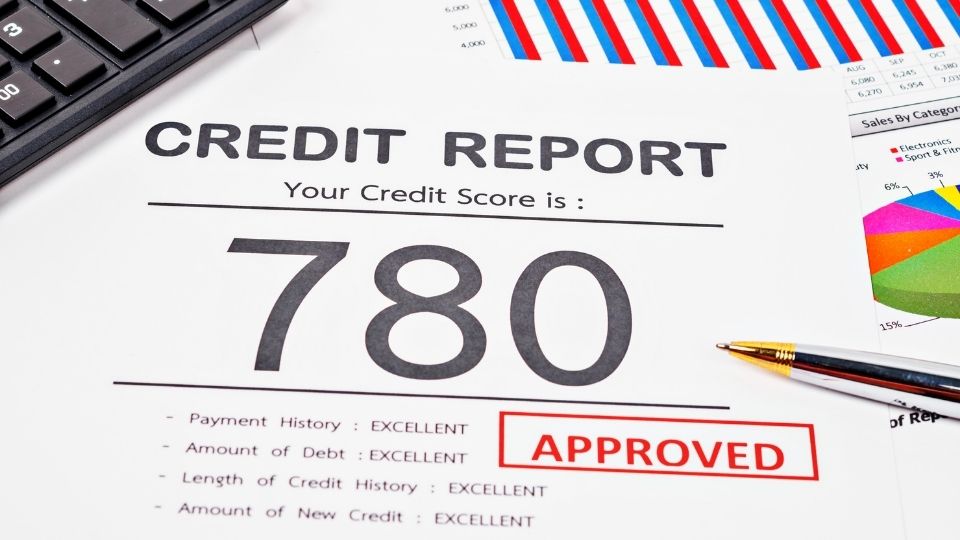Should I Get A Loan? 5 Questions To Ask Yourself

If you’re struggling with debt, one way to get out from under a pile of bills is to take out a loan. While this may sound like a quick fix, it can be expensive in the long run if you don’t know what you’re doing. In this article, we’ll answer the four most important questions that everyone should ask themselves before considering a loan.
How long will I be paying back the loan?
Assuming you’re considering a personal loan, the answer to this question depends on the lender, terms of the loan, and your repayment schedule. For example, Crester Credit New Zealand offers loans with three or four-year terms, but allows you to pay it off as quickly as possible without penalty. The longer the loan, the more interest you’ll have to pay back.
As for your repayment schedule, most lenders give you the option to make monthly payments, but some also allow weekly or biweekly payments. The frequency of your payments will affect how long it takes you to pay off the loan. Pay your loan off weekly if you can, because this reduces the interest costs.
To get an estimate of how long it will take you to pay back a loan, use our personal loan calculator. This tool will help you see how different loan terms and payment frequencies impact your overall repayment value and timeline.
What are the consequences of not honoring the terms of the contract?
If you fail to repay a loan in accordance with the terms of your contract, you may be subject to late fees, penalties, and additional interest charges. This can substantially increase the amount you owe on the loan and make it more difficult to repay. In some cases, you may even lose your collateral (if any). If you default on a loan, it affects your credit score, so if it’s going to occur again, you’re best to ask the lender to investigate an affordable debt consolidation loan to prevent defaults.
Should I get a loan knowing my income could change?
Should I get a loan is a question with so many variables, but if you know your income is likely to change, it may affect your ability to make repayments. If you’re considering taking out a loan, ask yourself four questions to help determine if you’ll be able to make repayments:
1. What are the default rates from the lender.
2. Can I decrease my payments if my income decreases?
3. What is the maximum payment I can make if my income increases?
4. What are the consequences of not being able to make a payment?
Answering these questions will help you understand the potential risks and rewards of taking out a loan, and whether or not you’ll be able to afford repayments if your income changes. It’s always smart to get a few payments made in advance, ahead of when they’re due if you can.
Am I borrowing more than 50% of my salary?
When asking yourself, should I get a loan, it’s important to make sure that you won’t be borrowing more than 50% of your salary. This is because if you borrow too much, you’ll likely struggle to repay the loan and may end up in financial difficulty.
Firstly, look at how much money you earn each month after tax. Then, look at how much the loan will cost you each month in repayments. If the repayments are more than half of your after-tax income, then you’ll be borrowing more than 50% of your salary and this risky.
It’s also important to consider whether you have any other debts that you’re repaying. If you have other debts as well as the loan, then your total monthly repayments could be more than half of your after-tax income. In this case, it would be very difficult for you to keep up with your repayments and you may end up in financial difficulty.
If math isn’t your strong point, disclose all expenses, HPs, leases and finance agreements with your lender when making the application. If they decline your application, that’s a good thing, they’re responsible lenders and keeping you safe.
In summary, make sure that you won’t be borrowing more than 50% of your salary. Otherwise, you may find yourself in financial difficulty and struggling to repay the loan.
Is this a one-off expense or a long-term need?
Another important question to ask yourself is whether the expense you’re planning to finance is a one-off or long-term need.
If it’s a one-off expense, like a home repair or a medical procedure, then a loan may be the best way to finance it. You can take out a personal loan or a home equity loan and repay it over a set period of time.
However, if the expense is something that you’ll need to finance on an ongoing basis, like a car payment or tuition costs, then you really need to do your homework around your future affordability. If you need help, our staff will happily guide you through an affordability analysis.
by Ash Horton
November 18, 2022
Ash is a professional content writer with extensive experience in business development in the financial services. Ash has founded businesses from the age of 19, including franchising ventures, and working alongside some of the largest retailers in the world.









